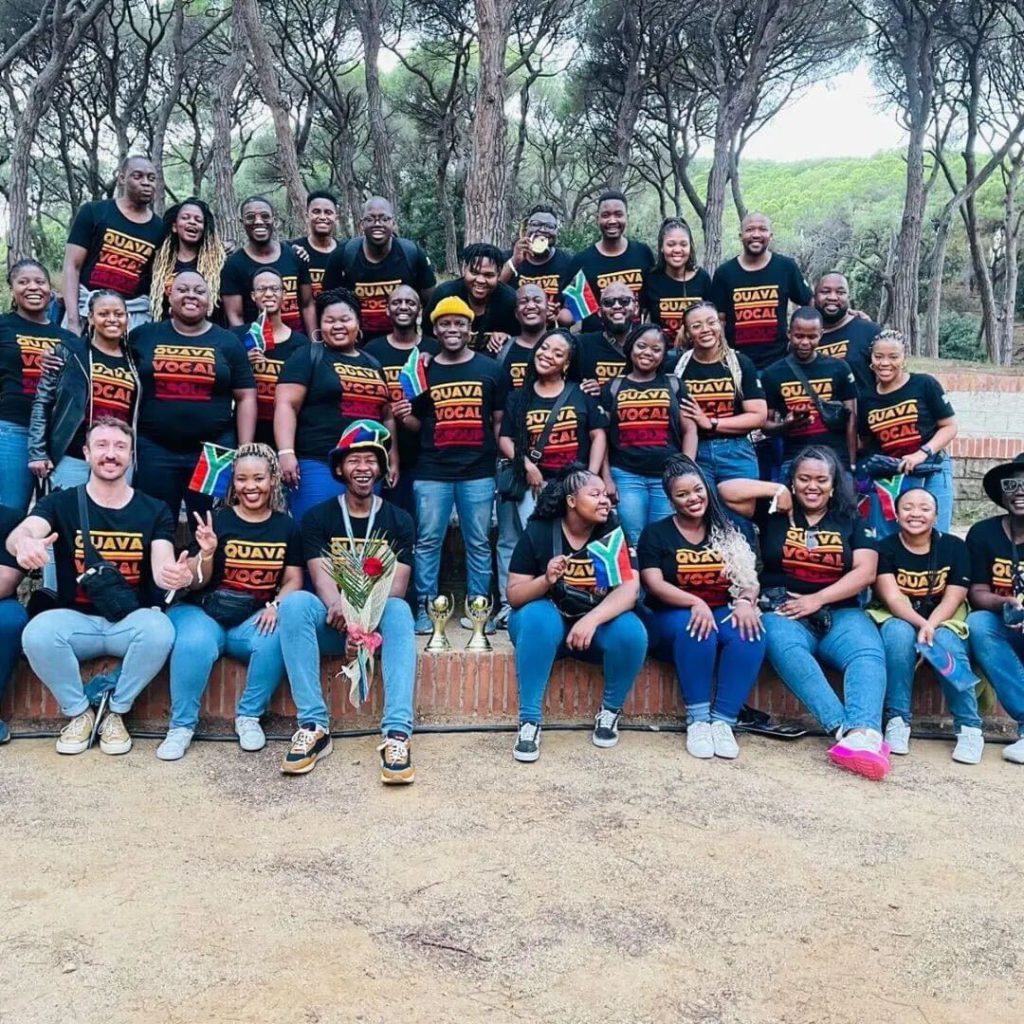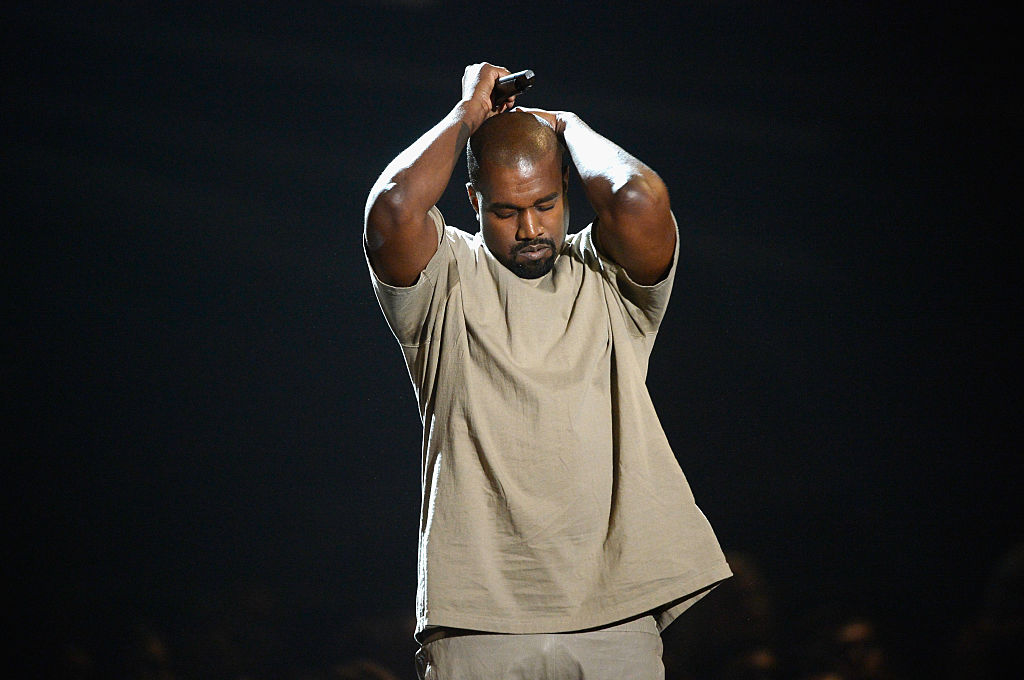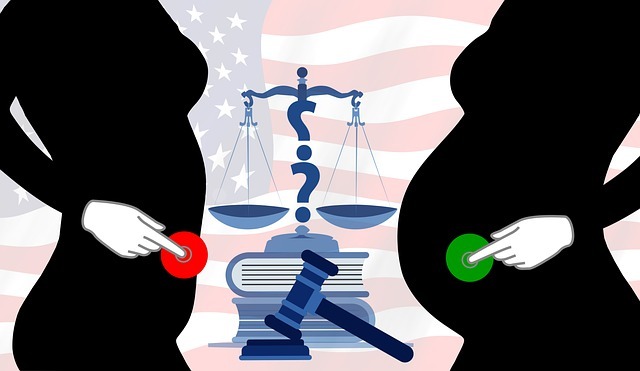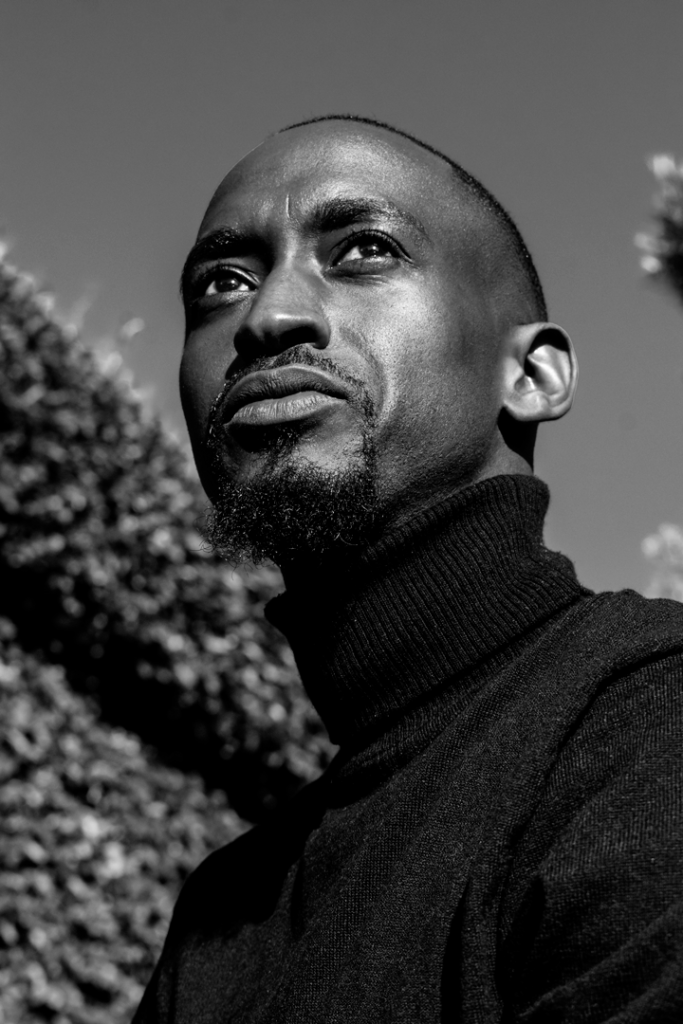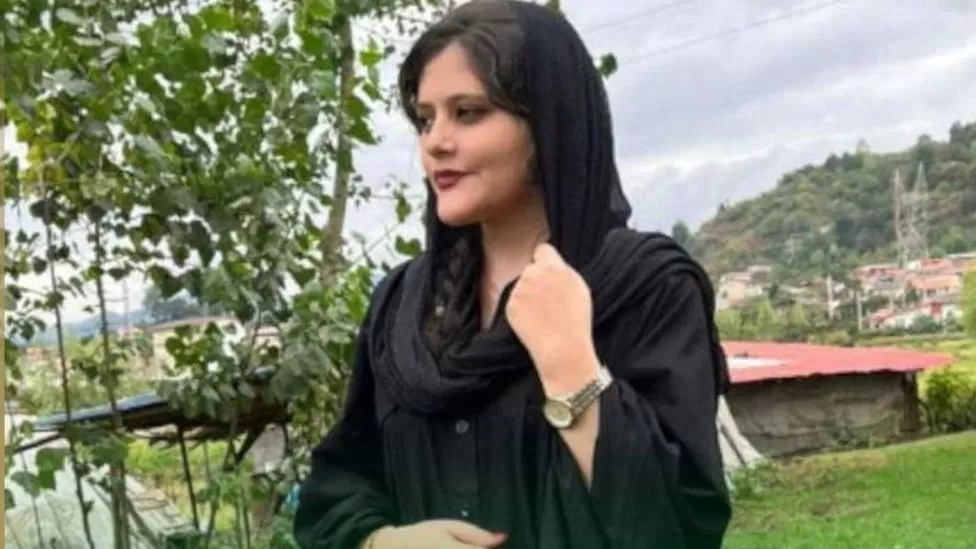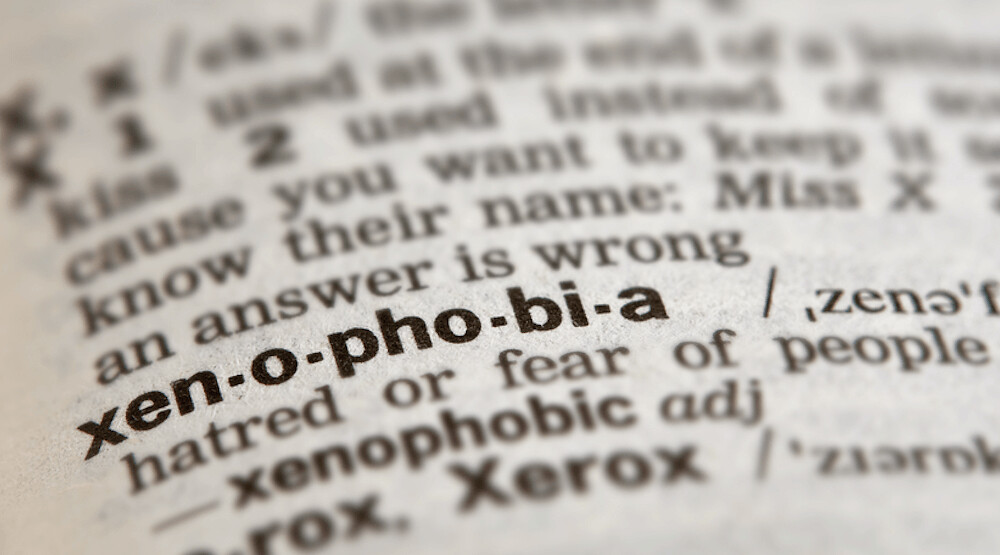From lecture halls and nine-to-fives to travelling Europe and inspiring humanity – this is the Quava Vocal Group story
BY Nkosazana Ngwadla
Music forms a big part of human nature, there’s a song for every occasion, whether good or bad. Those who have been trusted with the delicate talent of making music often struggle with letting it go when called to other paths. Therefore Khabonina Dlamini, Sabelo Mthembu and a few others formed Quava Vocal Group in 2009 after graduating from the University of Johannesburg.
“We were part of the University of Johannesburg Choir while studying, and after graduating, we wanted to continue the culture of choral singing, so we formed the group,” Sabelo, who is the conductor and music director of the group tells The Fuse.
Now 13 years later, Sabelo works a nine-to-five as a Data Analyst for Multichoice, but you’ll find him at rehearsals every Monday evening. “We rehearse every Monday evening from 6pm to 8pm and occasionally on weekends for “camp” rehearsals,” he says.
Making music requires more than just talent, commitment is also key to succeeding. “Each member is chosen based on their talent, which includes vocal quality, good ear and availability. Singing history is not a requirement as long as the singer has a passion for music and hard work,” Sabelo adds.
Hard work pays off
Each member of Quava has these qualities, which makes it no surprise that the group recently travelled abroad and swept audiences off their feet and collected a few awards along the way! “We embarked on a performance tour of Italy and Spain for two weeks (6 – 18 October 2022). In Italy, we presented two concerts and did a workshop with a local choir from Rome called Coro Cantering. In Spain, we took part in a competition called Sing For Gold World Choral Cup.
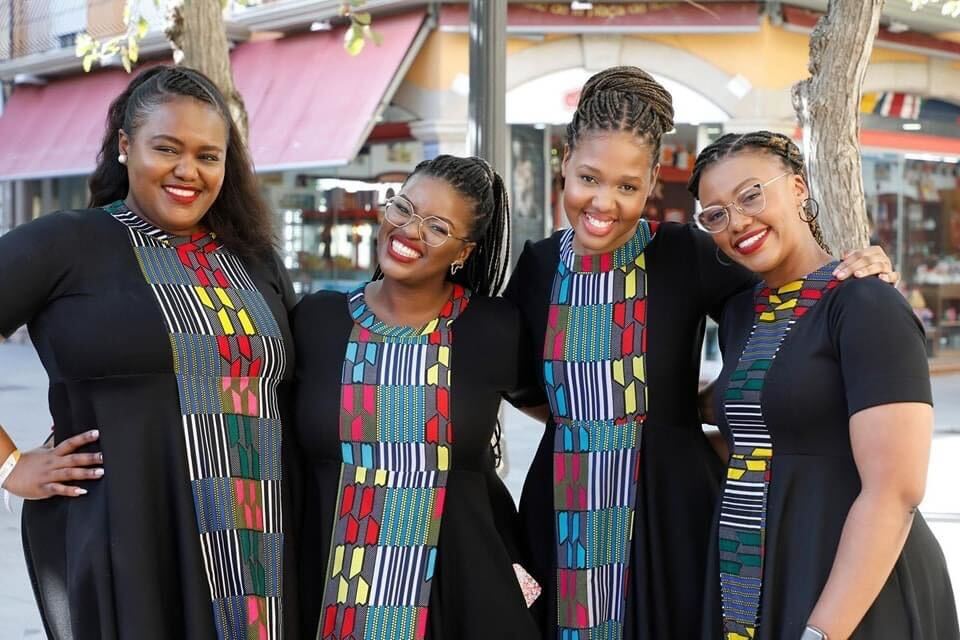
“We took part in two categories: adult category and jazz, pop, and gospel categories. We won both categories and placed in the top 3 best choirs in the overall competition. I was also awarded the best conductor prize,” a very humble Sabelo shares.
Preparing for this trip wasn’t a walk in the park for the uber-talented group. “Funding was the biggest challenge. Covid was also a big challenge because lockdowns made rehearsing very difficult,” but because of each member’s dedication and faith in God, they soon overcame their challenges with the bigger picture in mind.

“To overcome funding challenges, we had to be very innovative. We presented several concerts in which we collaborated with other choirs. I also used my Comrades Marathon run to raise funds. To overcome covid challenges, we had to do virtual rehearsals and provide each singer with their individual voice parts so that they can rehearse on their own at home,” Sabelo explains. And soon enough, the group was ready for take-off!
First-time travellers
This trip meant so much to several members of the group – ten singers were travelling abroad for the first time. Mbali Faku, who only joined the group a year ago, is one of the singers who left South African shores for the first time.
“Touring Italy and Spain with Quava Vocal Group was life-changing! I am so grateful for this lifetime opportunity and just the thrill of being a part of something so much bigger than you. I’ve never felt so alive. I lived in the moment and enjoyed every little bit of what this experience had to offer,” she tells us.
“My top two fondest moments or memories were: First, singing for and connecting with the people of Calella through our music. I couldn’t help but smile and look into their eyes while singing. Second, the bonds I got to form with my fellow choristers. We held each other down throughout. The challenges we faced were easy to overcome because we did it together. I can’t wait for what’s to come for Quava. I pray we get to do something like this yearly,” Mbali adds.
The Future
Quava Vocal Group has even bigger dreams and goals for the future. They look forward to releasing their first album in 2023 and hope to tour more of South Africa. The group have also set their sights on collaborations with local and international composers.
“We are truly blessed to be able to use our gifts to touch many people’s hearts across the world. Our values are God, love, and excellence. We are humbled to be used by God to make music that heals people and gives them hope, to radiate love in everything we do, and to be a good model for excellence,” Sabelo concludes.

